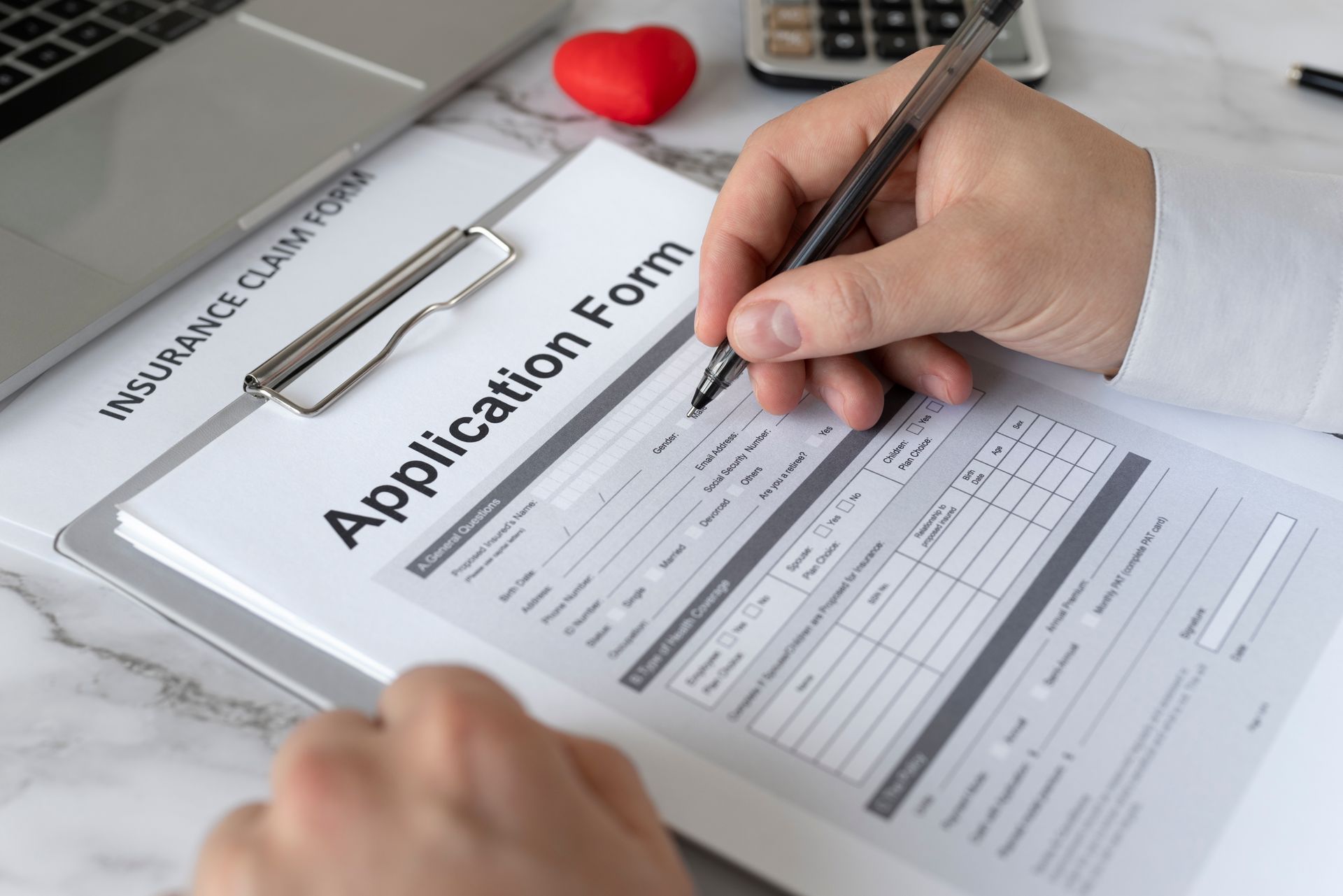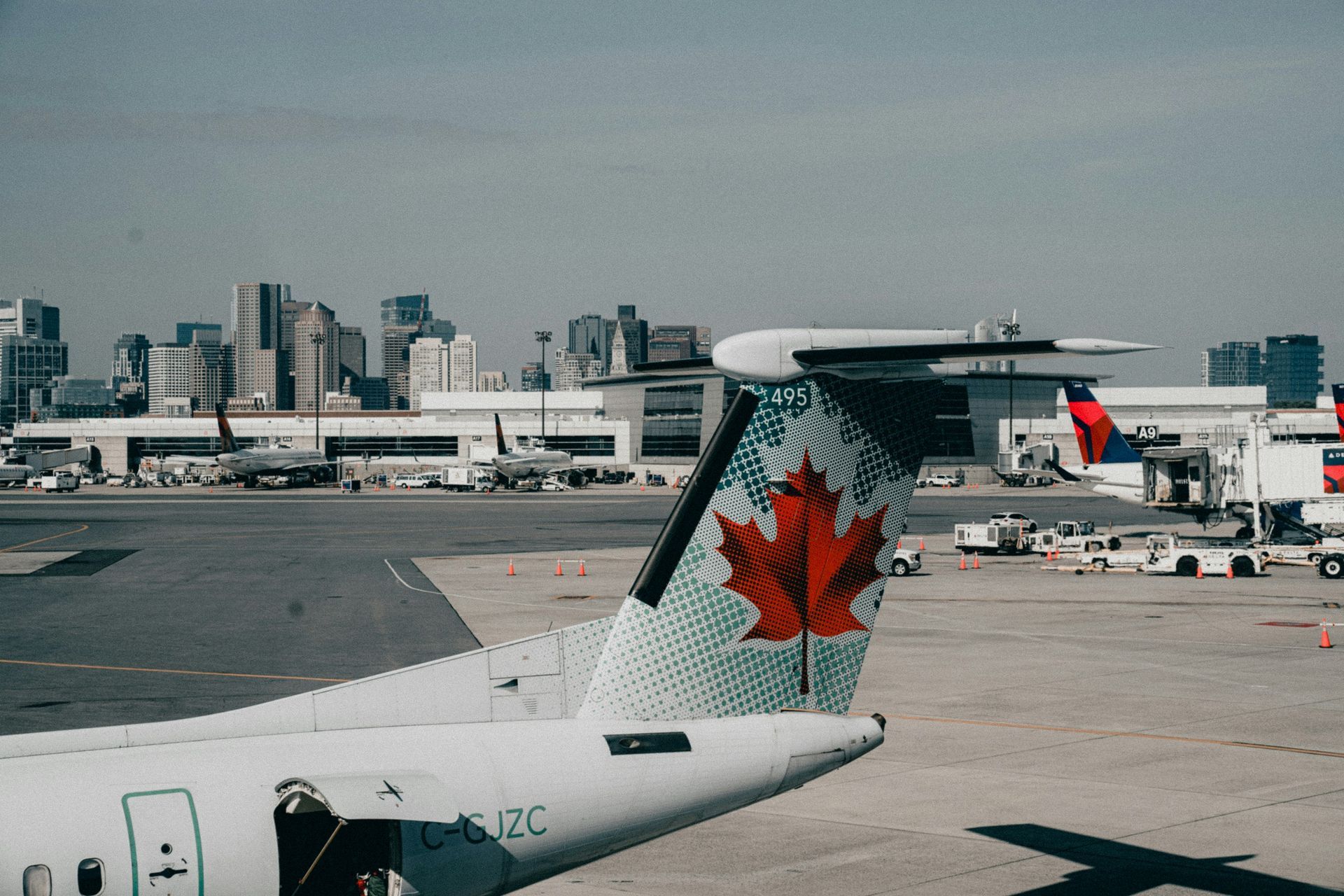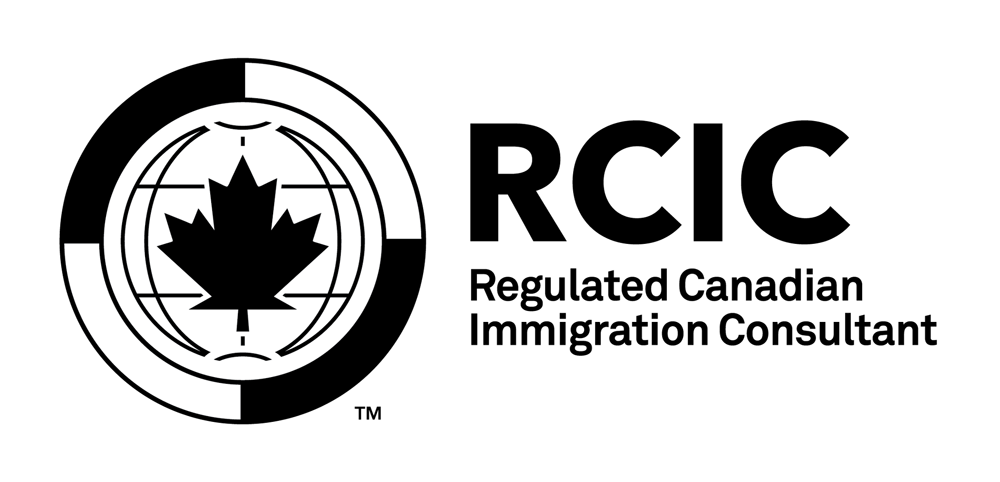How much money is needed for a visitor visa to Canada?
Introduction to Canadian Visitor Visa
A Canada visitor visa (also known as a tourist visa or Temporary Resident Visa – TRV) allows people from other countries to visit Canada for tourism, family visits, or short business trips.
One of the most common questions we hear about the financial requirements is: “How much bank balance is required for a Canada visitor visa?”
The answer depends on personal circumstances, such as your purpose of travel, how long you plan to stay, and how many people are coming with you. While IRCC does not set a specific monetary range of how much bank balance you need for a Canadian visa approval, you must submit proof that you have sufficient funds to cover all travel expenses and to support yourself when you return home.
Showing strong proof of funds with sufficient bank balance is key to getting your visitor visa to Canada approved, as it helps demonstrate that you are financially stable and have genuine reasons to return to your home country.

What Is Proof of Funds for Canada Tourist Visa/ Canada Visitor Visa
Proof of funds means documents that show you have enough money to pay for your entire trip. This includes your travel to and from Canada, your stay, and all daily expenses while visiting.
The Canadian government uses this information to assess your Canadian visa application by checking if you can afford visiting Canada without needing to work or rely on others or becoming a financial burden on Canada. They also want to ensure that you have enough money to return home at the end of your visit.
Examples of financial documents as valid proof of funds:
- Bank statements with sufficient bank balance for the past 6 months
- Pay slips or income certificates to show stable income
- Tax returns or income tax assessments
- Investment statements or fixed deposits from a financial institution
- Employment letters confirming your salary and position
- Sponsorship letters from someone financially supporting your trip and their financial documents
Tip: Convert the amount into Canadian dollars to make it easier for immigration officials to assess your financial capacity accurately.
Pro Tip: Do not stuff your bank account with borrowed funds prior to your visa application. IRCC is used to checking for unusual large deposits and will look negatively on your application if you have funds deposits that are unusual for your banking history.
How Much Funds is Required for Canada Visitor Visa
When it comes to 'how much bank balance is needed' for a visitor visa to Canada, there is no official minimum amount of bank balance requirement on any official documents. But here is a general guideline based on typical travel costs (all in Canadian dollars):
| Length of Stay | Recommended Funds (per person) | Notes |
|---|---|---|
| 1 week | CAD 2,500–3,000 | Includes local transport and meals |
| 2 weeks | CAD 4,000–5,000 | Add return airfare separately |
| Each extra week | +CAD 1,000–1,500 | For extended stays |
| Family applications | Higher total | Officers expect enough funds for all members |
These numbers can vary depending on your personal details such as accommodation type and travel activities. Always include return airfare and a 1,000–2,000 Canadian dollars emergency buffer.
How to Estimate Your Total Budget for a Canada Visitor Visa
To find out how much you should show in your financial documents, create a mini budget and list all your trip costs:
- Flights to and from Canada
- Accommodation (hotel, Airbnb, or staying with family)
- Travel inside Canada (bus, car rental, etc.)
- Meals and basic living expenses
- Travel insurance/ private medical insurance
- Planned activities and sightseeing
Then multiply by the number of people traveling with you. The total gives you a realistic estimate of how much bank balance at a minimum you should show as the financial requirements for your Canada visitor visa.
Proof of Funds for Parents Visiting Canada
Parents or grandparents visiting children in Canada usually stay longer and often rely on family members to financially support them during their stay.
A good guideline is to show CAD 5,000–7,000 per parent on your bank balance for a short-term visit.
If your child in Canada (whether they are Canadian citizens/ permanent residents) is helping to pay for your trip, include proof of their financial ability:
- An invitation letter explaining your relationship and visit purpose
- The child’s proof of income (employment letters, T4 slips, pay stubs, or Notice of Assessment)
- The child’s bank statements showing available funds that exceeds the suggested bank balance
This helps prove to the immigration officer that the supporter can actually afford your visit and improves the chance of approval for your Canada visitor visa.
How to Prove Your Funds during the Canada Visitor Visa Application Process
Once you’ve calculated your estimated budget, identify who will pay for each part of the trip.
If you are paying, provide proof of your own funds to the visa office processing your application:
- Bank statements showing consistent savings and sufficient bank balance
- Other financial documents under your name (not borrowed money)
If someone else is paying, such as a family member or friend in Canada, provide proof to immigration officials of the person paying:
- Provide their bank statements, employment proof, and tax documents
- Clearly explain who pays for what in your cover letter
Again, do not borrow money, make large deposits or sudden large transactions right before applying for a Canada visitor visa. Visa officers know local wage rates and living costs. Sudden large balances without a clear source can lead to questions of your financial credibility even a denied entry.
Types of Acceptable Documents for Financial Stability
When applying for a Canada visitor visa, include as many of these as possible to prove financial stability:
- 6-month bank statements (with sufficient funds and consistent financial history, your name, the date and the account details on the bank statement)
- Fixed deposits or savings certificates
- Tax returns or income tax filings
- Employer letter and recent payslips
- Sponsorship letter/ financial support letter if someone else is covering your trip
- Invitation letter from a host in Canada
All documents must be official, clear, and verifiable.
Common Mistakes That Cause Rejections
Many Canadian visitor visa refusals happen because of weak or inconsistent financial proof, which raises concerns for the visa officer . Common issues include:
- Large, unexplained deposits just before applying for the visitor visa
- Very low or unstable account balance to be considered sufficient funds
- Fake or unverifiable bank documents
- Missing proof of relationship or unclear details about who is paying for the trip.
Tips to Strengthen Your Application
- Keep your bank account stable for 3–6 months to show financial stability before applying for the visitor visa
- Avoid borrowed money or cash transfers from friends and family
- Include all sources of income (salary, rent, business, investments)
- If you have multiple sources of funds, write a short financial explanation letter of your individual circumstances
- Attach proof of all the details of ties to your home country (employment, property, or family) to prove that you will leave Canada
Do All Applicants Need to Show Proof of Funds for Visitor Visas?
Not always. What matters most is that funds are available and explained.
If someone else is sponsoring your trip, make sure to:
- Identify who is paying
- Prove their relationship to you
- Show their income and assets (bank balance, property, employment proof)
The key point is to show the immigration officer that there’s a clear, reliable financial plan for the applicant's planned trip.
Other Important Factors for Visitor Visa Approval
Proof of funds is only one part of your visitor visa application. The visa officer will also consider:
- The purpose of your trip (tourism, family visit, business, etc.)
- Your ties to your home country, such as a stable job, property, or family
- Your previous travel history
- Whether your application shows a clear plan to return home after visiting
If your file is incomplete or unclear, the officer will not ask for more documents — they will simply refuse the application. Make sure your application is complete and well-explained before you submit it to make the application process smooth and successful.
Frequently Asked Questions (FAQs)
How much funds required for Canada visitor visa?
For a tourist visa, visa offices usually want to see CAD 2,000–3,000 per person for one week, plus airfare and emergency funds.
How much bank balance is required for Canada visitor visas?
No set amount for minimum bank balance is required for a Canada tourist visa application. The visa officer looks at your overall financial stability, not just one number.
Can a sponsor provide proof of funds on my behalf for a Canada tourist visa?
Yes, but the sponsor of your tourist visa must have sufficient funds and show their own income, savings, and relationship to you.
How much bank balance should I show for a 10-day trip in my bank statements?
About 3,500–4,000 CAD funds in your bank account is required, including airfare and extra buffer.
What if I’m entering Canada to visit family members?
You still need to show some funds, even if your host is covering most expenses.
Do I need to do biometrics for a Canada visitor visa?
Yes, most applicants must provide biometric data — fingerprints and a photo — as part of the temporary resident visa process.
After submitting your application, IRCC will send you a biometric instruction letter. You’ll need to book an appointment at a Visa Application Centre (VAC) to complete the process.
Biometrics are usually valid for 10 years, so if you’ve done them recently, you may not need to do them again. If you have changed your passport since you submitted biometrics, you will need to submit them again.
Do I need a medical examination for a visitor visa to Canada?
In most cases, no medical exam is required for a visitor visa if you plan to stay in Canada for less than six months.
However, Immigration, Refugee and Citizenship Canada (IRCC) may ask for a medical exam if:
- You plan to stay in Canada for more than six months, or
- You have lived or traveled in certain countries for long periods, or
- You intend to work in healthcare, childcare, or other jobs involving close contact with people.
If the immigration officials request it, you’ll receive instructions to complete an upfront or panel physician medical exam before approval.
Conclusion
Having strong and realistic proof of funds is one of the most important parts of your Canada visitor visa. It helps IRCC see that you can afford your trip and that you plan to return home after your visit.
Plan early, keep your finances transparent, and include all supporting documents to show the visa office a clear picture of your situation.
At The Way Immigration, we’ve been preparing successful Canada visitor visa applications since 2008 — with thousands of approved cases. We would be happy to discuss your plans to visit to Canada and offer our immigration consultants Calgary expertise to prepare your application for the greatest chances of success. Book an appointment with us today, and move one step closer to the Canadian adventure you have been dreaming of.











